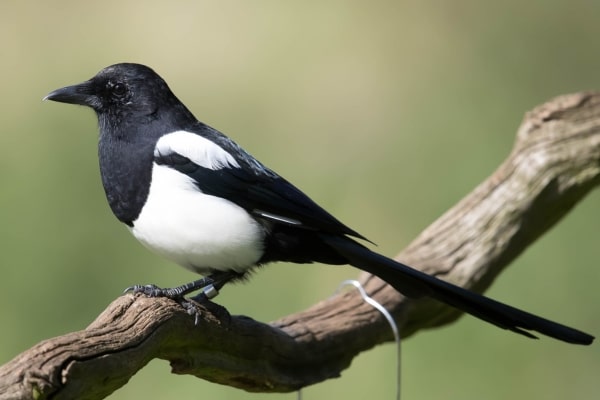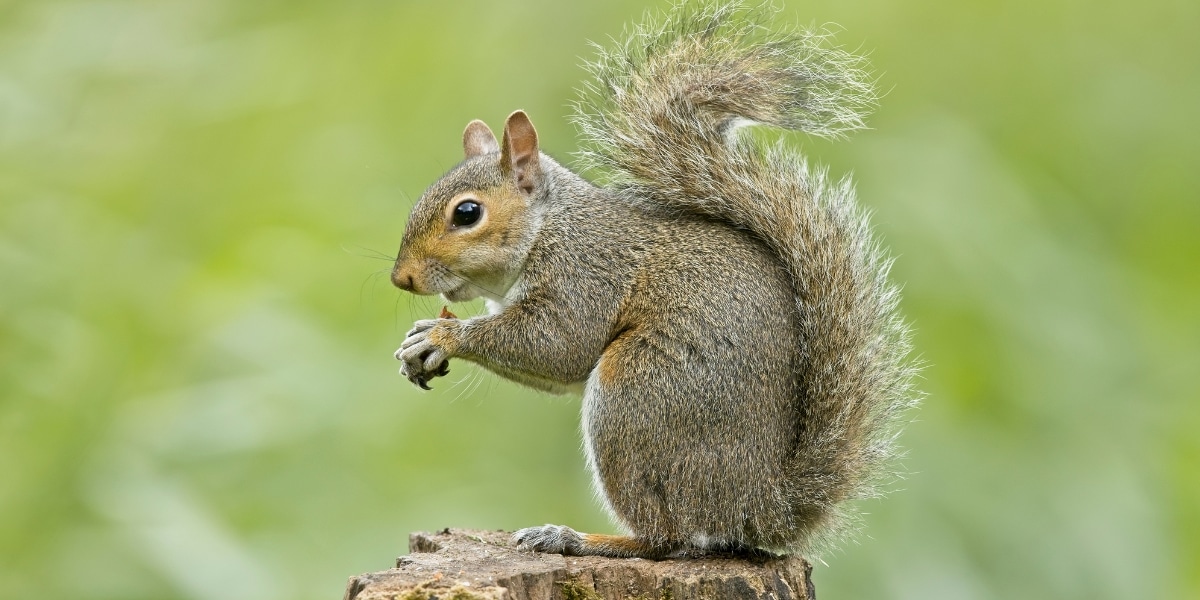
Life will be harder for farmers after magpies removed from Welsh general licence, says BASC
Magpies will be removed from the general licence in Wales from 1 January 2024.
Get information on the legal shooting season for mammals and birds in the UK.
Apply for funding for your project or make a donation today
Comprehensive information and advice from our specialist firearms team.
Everything you need to know about shotgun, rifle and airgun ammunition.
Find our up-to-date information, advice and links to government resources.
Everything you need to know on firearms law and licensing.
All the latest news and advice on general licences and how they affect you.

In light of Red Squirrel Awareness Week this week, BASC is celebrating a major scientific breakthrough that brings new hope for the future of the UK’s native red squirrels.
BASC has welcomed the progress made by the Animal and Plant Health Agency (APHA) and UK Squirrel Accord (UKSA) in developing a world-first wildlife fertility control programme to tackle invasive grey squirrels.
As a signatory to the UKSA, BASC has supported the research from the outset. The development of an oral immunocontraceptive adds an important tool to existing control methods for grey squirrels, with the aim of protecting UK red squirrels, woodlands and biodiversity.
The multi-year programme, led by APHA and funded by UKSA and supporters, has reached a major milestone. Scientists have achieved infertility in rats through free-feeding of an oral immunocontraceptive – the first time this has been done. The same formula has also triggered a reaction in grey squirrels, with work ongoing to refine its effectiveness.
BASC members have assisted APHA in designing feeding hoppers that can only be accessed by grey squirrels and that provide an effective dose.
In 2021, BASC awarded the Stanley Duncan Trophy for conservation to a member who played a pivotal role in fieldwork in Wales, carried out with APHA.
Grey squirrel immunocontraception offers a humane management option in areas where culling is not possible, such as places with high public access. Where culling is viable, the technology can also be used afterwards to slow or prevent recolonisation.
Reflecting on the progress, BASC’s head of biodiversity, Ian Danby, said: “BASC is proud to be a signatory of the UK Squirrel Accord and to have supported this important research from the outset. Fertility control offers a vital addition to grey squirrel management, particularly in areas where traditional control is not an option.
“Working alongside APHA, our members have played an important role in developing the delivery system to ensure the immunocontraceptive is both species-specific and effective. This breakthrough is a significant step forward in protecting our native red squirrels and woodland habitats.”
BASC will continue to champion effective, evidence-based wildlife management and support initiatives that work to ensure that the UK’s red squirrels, trees and woodlands are protected.

Magpies will be removed from the general licence in Wales from 1 January 2024.

Find out how managing woodland effectively can deliver for shooting, while also bringing significant benefits for wildlife and biodiversity.

Shooting and woodland naturally work well together, and, by managing woodland correctly, we can maximise the benefits for all.